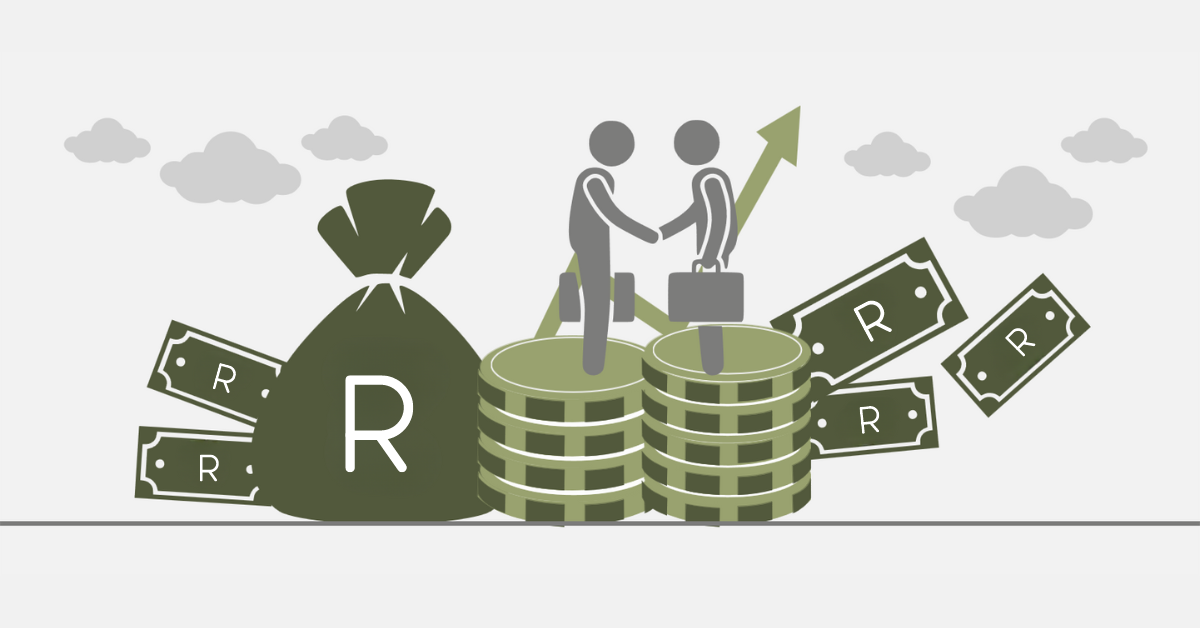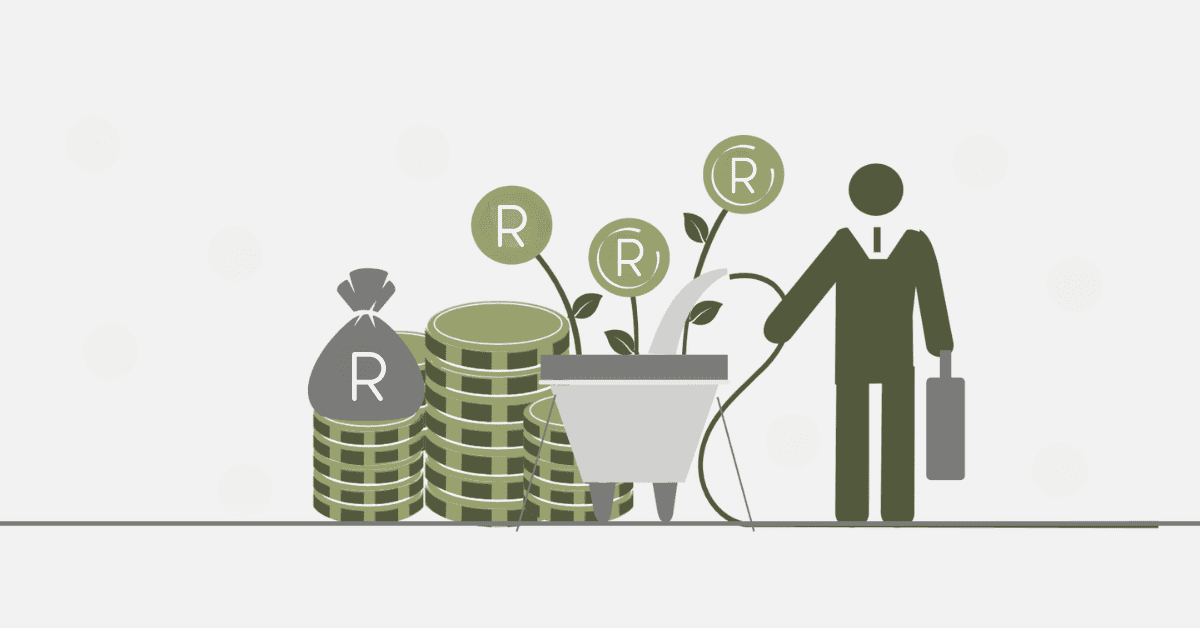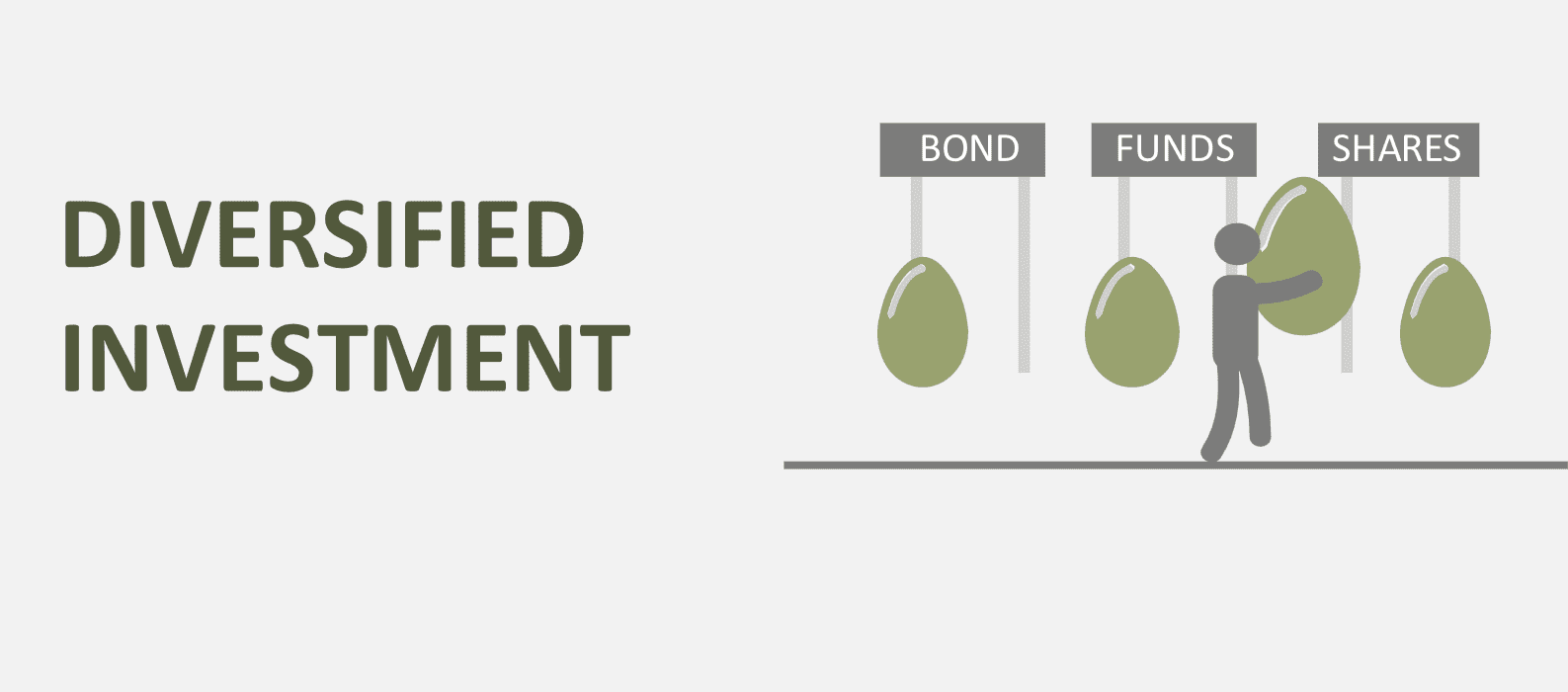One of the critical priorities of most parents when it comes to their child’s future involves financial planning. The big question usually put in most people’s minds is whether to invest in your child’s name or your own. These two investment options have brought about ample implications between tax considerations and ease of access to control of the funds. This article will discuss various factors relating to investments in your child’s name versus your own, including insights into the best strategies to consider.
Should I Invest in My Child’s Name or Mine?
Investing in one’s child’s name sounds alluring, especially for the long-term scenario. The rationale behind investing in one’s child’s name is to create some sort of financial cushion that shall help the children once they come of age – for education, starting a business, or other life milestones.
However, a few factors must be considered, including those related to tax implications and legal control. According to South African law, investments held in a minor’s name are typically ascribed to the parent for tax purposes since, ordinarily, a minor earns an amount below the tax threshold. For instance, Section 7 of the Income Tax Act ascribes income derived in the child’s name to the parent. This may mean that any dividends, interest, or capital gains motivating such investment will be included in the parent’s taxable income until the child turns 18.
Contrarily, investing in one’s name controls and provides more flexibility: you decide when to access or withdraw funds and make decisions per the financial strategy. On the other hand, any such withdrawal might be liable for personal taxes, which may eat into the investment growth.
What to Consider Before Investing in Your Child’s Name
Consider a few critical points before investing in your child’s name. First, the tax implications have to be taken into consideration. It was mentioned earlier that any income or growth in investments in the name of a minor would be considered part of the parent’s income. So, you need to gauge how much income this would generate and whether it would push you into a higher tax bracket.
Next, consider your timeline for investing. Since the child will not be able to access the money until age 18, you should determine that you will not need the money before that time for other vital financial priorities. Once more, even when the child takes legal possession at the age of majority, he or she may not have the experience or maturity to handle the funds wisely.
Equally important is understanding the legal structures surrounding investments in your child’s name. Notably, some investment accounts involve restrictions on certain types of withdrawals or changes in position, especially if they are set up as trust accounts. In such a case, you may lose a certain level of flexibility if the financial situation of your family changes.
Which Investment Is Better for Kids?
When selecting an investment for your child, you need a type of investment in which your primary concern is both growth in investment and safety. A good venturing option for juniors often focuses on the long-term returns that take advantage of compound interest. The longer the venturing horizon, the better suited it is for equity-based ventures like unit trusts or ETFs, outpacing inflation over the years.
One of the critical features of a good venture for juniors is tax efficiency. In South Africa, TFSAs are famous for kids; they offer growth on contributions without tax upon maturity. Another critical element is that it should be liquid and freely accessible so that you or your child can withdraw the money under consideration whenever required without penalties.
Additionally, when there is a diversified portfolio, there is less risk. An investment that combines equities, bonds, and money market accounts balances the risk-value of all investments toward growth, more often than not characterized by market volatility.
How Can I Invest in My Child?
Investing in your child’s future involves clear-cut financial goals. First, there must be a named savings or investment account. One may open an education policy, unit trust, or a tax-free savings account for education savings. All these investment options have been designed for gradual growth over time to mitigate such essential future expenses as university tuition fees.
One of the best strategies you can start with is to begin as early as possible. The earlier your money is invested, the longer it will have to continue building from compound interest. Even small, regular additions to a retirement contribution can add up over time. Another means of facilitating saving is to avoid high-interest debt. While credit often offers temporary relief, long-term interest rates can quickly erode your ability to save and invest effectively. This may affect your financially free investment strategies and tax-advantaged retirement savings.
Diversification is very important when investing in that minor. It is better not to put all your coins in one type of venturing vehicle but to spread it out through various asset classes, such as stocks, bonds, and offshore ventures. This will minimize risk while offering the possibility of higher returns. It is necessary to go through periodic reviews and, where required, some adjustments in strategy by monitoring market conditions or changes that may occur in the child’s financial needs to keep on target.
What Is the Best Investment Account for a Child in South Africa?
A TFSA will be one of the best investment options for a child in South Africa. The good thing with the TFSA is that all the growth on investment will not have a tax implication concerning income tax, capital gains tax, or even dividends tax, as this is generally an excellent choice for long-term savings. As of 2025, up to R36,000 a year may be contributed by parents for their child in a TFSA, with a lifetime limit of R500,000. This will allow the investment to grow tax-free, giving a much higher return.
Another equally good option is a unit trust that allows flexibility and exposure to various investments – from low-risk money market accounts to more aggressive equity portfolios. While not tax-free, a unit trust offers professional management and diversification that can result in solid long-term growth.
The next avenue, particularly for the high-net-worth individual, is endowment policies. These policies have some tax advantages for those in a high-income bracket, though they come with a five-year lock-in period. The returns on endowments attract a fixed tax rate of 30%, which might be favorable, depending on your tax bracket.














